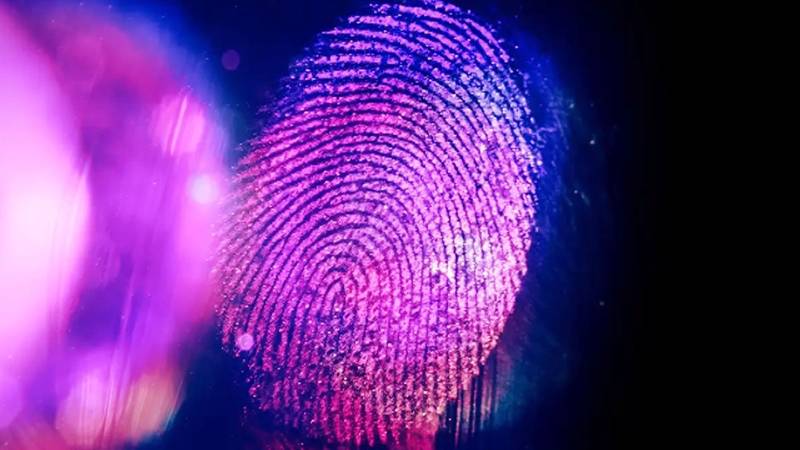
There is a widespread idea that each fingerprint on a person's hand is absolutely unique, but Columbia University research is challenging this notion.
A team from a US university trained an AI tool to evaluate 60,000 fingerprints to see whether it could identify which ones belonged to the same person.
According to the researchers, the technique can determine with 75–90% accuracy whether prints from various fingers are from the same person.
But they don't know how it works.
"We don't know for sure how the AI does it," said Prof. Hod Lipson, a roboticist at Columbia University who led the research.
The researchers believe the AI tool analyzed fingerprints in a different way than previous approaches, focusing on the direction of the ridges in the center of a finger rather than how the individual ridges terminate and fork, which is known as minutiae.
"It is clear that it isn't using traditional markers that forensics have been using for decades," Prof. Lipson added. "It seems like it is using something like the curvature and angle of the swirls in the center."
Prof. Lipson and Gabe Guo, an undergraduate student, both expressed surprise at the outcome.
"We were very skeptical. We had to check and double check," he went on to say.
Others in the field may already be aware of this.
According to Graham Williams, a forensic science professor at Hull University, the concept of distinct fingerprints was never firmly established.
"We don't actually know that fingerprints are unique," he added. "All we can say is that, as far as we are aware, no two people have yet to demonstrate the same fingerprints."
